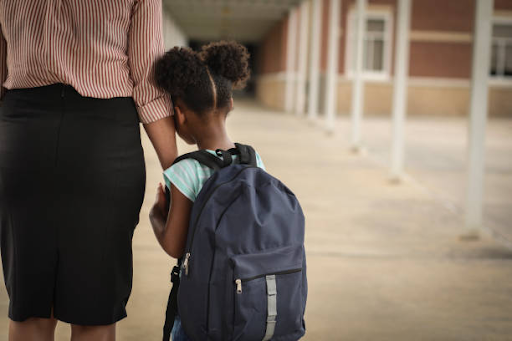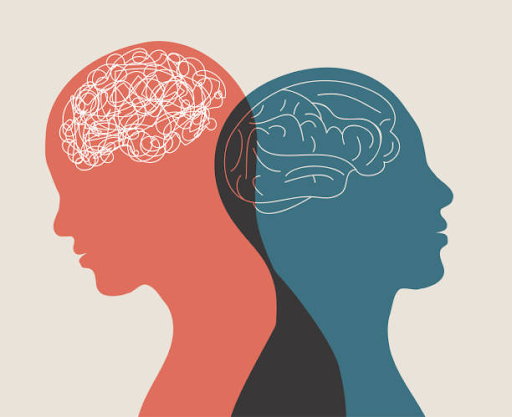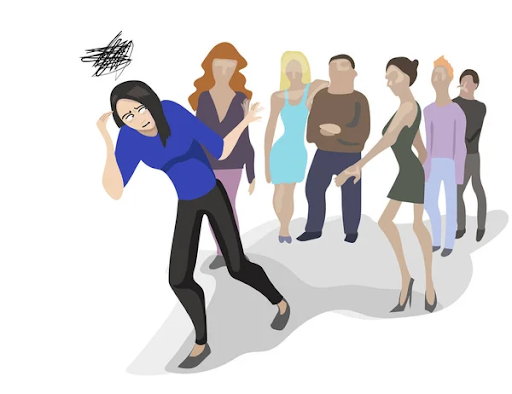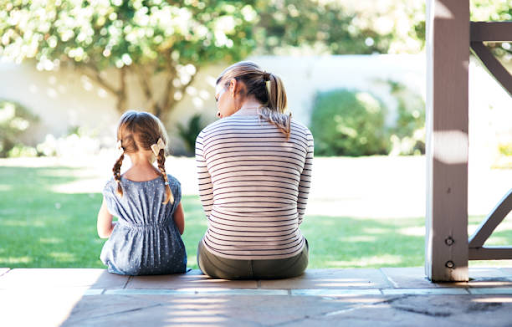
iStock
As your son is getting ready for school, you notice a shift in his demeanor.
Ma, can I stay at home today?
You sigh as you try to explain to him that he has to overcome his fear of talking to people.
He nods, but you still sense some anxiety within him.
It’s a conundrum that has been bothering you for a while now and you have scoured Google to find a solution, but none worked.
He can’t go on forever hiding from the world, right?
Social anxiety among children has been steadily increasing in recent years. What causes this, and how can you help your child overcome it?
Different Forms of Social Anxiety

iStock
First of all, you need to identify the form of social anxiety your child has.
There are 3 main types of social anxiety:
- Generalized social anxiety disorder, the most severe form of social anxiety where the individual fears most or all social situations.
- Non-generalized social anxiety disorder, where the individual has an intense fear of limited social situations.
- Specific social phobias such as xenophobia (fear of strangers) and deipnophobia (fear of eating in public)
Most cases of social anxiety within children fall in the second type, non-generalized social anxiety.
They usually have a fear of class presentations and raising their hands to answer questions. Sounds familiar?
Causes And Implications Of Social Anxiety Within Children

Depositphotos
The main causes of social anxiety among children are negative experiences, family history and temperament.
Maybe Jasper was ridiculed at school before?
Maybe someone else in your family has a history of social anxiety?
Maybe he is just shy?
Your child’s experiences, especially in earlier years, will shape his perception and way of thinking in the future.
This will then start to form his personality and temperament, whether he’s an introvert or extrovert and so on.
It is crucial for him to feel comfortable opening up to you and confiding with you on any bad experiences he has and how he feels.
If left unattended, social anxiety can have extremely harmful consequences on your child’s future.
Adults who retained their childhood social anxiety experience negative personal images, substance abuse and even suicidal thoughts.
This is why early intervention is important, and parents like yourself are the first line of defence.
Tackling The Problem

iStock
It is important to not be too direct and force your child to tell you what’s going on and what’s affecting him.
Let them know that you are there to support them and listen to their feelings.
Once they open up and tell you how they feel, you can then identify the root problem together with them.
Was another kid making fun of them? Do they have high expectations of themselves? Are they comparing themselves to their friends and other kids?
Help them build their confidence by being with them in social situations, and teach them anxiety management skills like breathing techniques.
Conclusion
Social anxiety is often brushed off as shyness or introvertedness, but it is a much more serious issue than perceived.
The amount of pressure and stress it can have on your child will negatively affect his well being.
There is not a one-size-fits-all solution for every child, but one thing is constant: children are able to overcome social anxiety easier with the help and support of their parents.
So the next time Jasper says that he doesn’t want to go to school because he is scared of talking to people, take it seriously!
